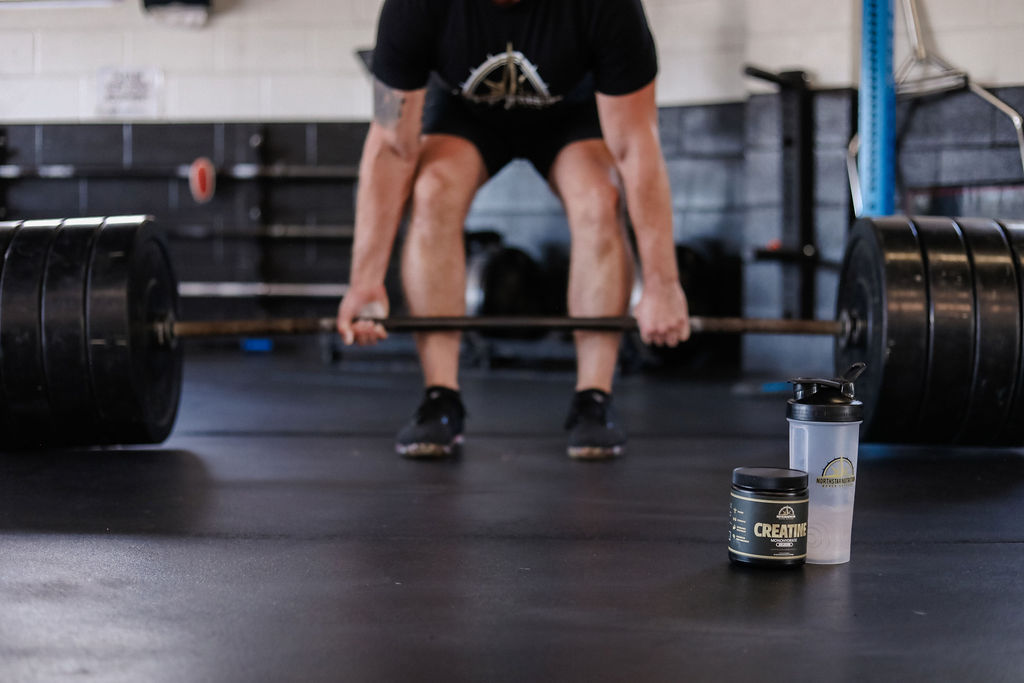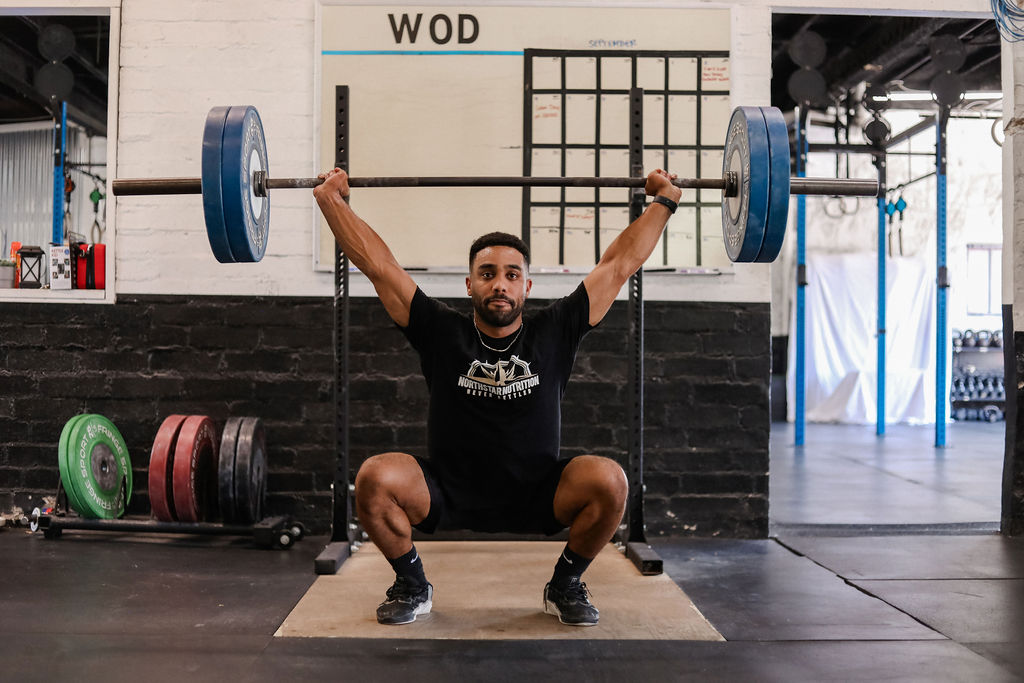
We often get asked: “Why would I take a pre-workout supplement if there’s no caffeine in it?” It’s an understandable question, especially since most “pre workout” supplements out there are nothing more than artificially sweetened mega-doses of caffeine.
But caffeine isn’t always the “holy grail” pre workout ingredient. It’s probably not even in the top five most important ingredients for a high-quality pre-workout. The right ingredients with proper doses can make a significant difference in your workout.
Caffeine is a central nervous system stimulant that can perk you up when you’re feeling lethargic, can help with athletic performance, and can even improve cognitive performance. However, caffeine does have side effects, such as an increased anxiety, nervousness, jitteriness, elevated blood pressure and heart rate, decreased quality of sleep and/or insomnia, and risks during pregnancy.
We love caffeine when consumed safely and in moderation. In fact, our classic PR Pre Workout contains a total caffeine profile of 200mg. This includes a 2:1 ratio of L-Theanine to caffeine to blunt the blood pressure response for a smooth energy with no spike or crash. Additionally, 50mg is from DiCaffeine Malate, a slow-release caffeine that extends your energy boost, reduces jitteriness and enhances digestion.
However, there are many reasons you may want to steer clear of a caffeinated supplement. Some people may want to enjoy their morning coffee or tea without adding to their overall caffeine intake. Some may avoid caffeine altogether due to undesirable side effects. Some who exercise later in the day may want to avoid disrupted sleep.
Enter The Non-Stim Pre Workout

Fortunately, Non-Stim PR Pre Workout is packed with powerful, fully dosed ingredients that will help you crush your workout without impacting your sleep schedule.
4g of CarnoSyn® Beta-Alanine helps to increase muscular endurance and reduces fatigue. By buffering lactic acid in the muscles, it reduces the “burning” feeling you get when doing a sprint or high reps of an exercise.
8g of L-Citrulline Malate helps to increase strength and power output so that you can do more sets and reps than your baseline before fatigue sets in. It also helps to reduce muscle soreness and speed recovery.
3g of Betaine increases your max power output, helping specifically to improve sprint performance. It’s also been shown to improve V02 max (aerobic capacity, aka longer duration cardio output) and capacity to handle higher training volumes.
600mg of Rhodiola Rosea, an adaptogen, helps to reduce cortisol levels during stressful events (like exercise). Rhodiola also helps to reduce rates of perceived exertion and lowers fatigue during exercise. There’s even some evidence that it may have anti-aging and pro-longevity effects.
Fully dosed nootropics: L-Theanine, L-Tyrosine, Alpha GPC, and Huperzine A to optimize cognitive function in both the short term and long term, helping increase your focus, sharpness, memory, and reducing harmful stress responses on the brain.
We hope you now know that caffeine isn’t the only ingredient that drives performance, and a well-formulated non-stim pre-workout can be just as effective in helping you train harder and recover better. With Non-Stim PR Pre Workout, you get all the performance benefits of a high-quality pre-workout—without the caffeine. Our science-backed, fully dosed Non-Stim PR Pre Workout is the smart choice for peak performance at any time of day.






